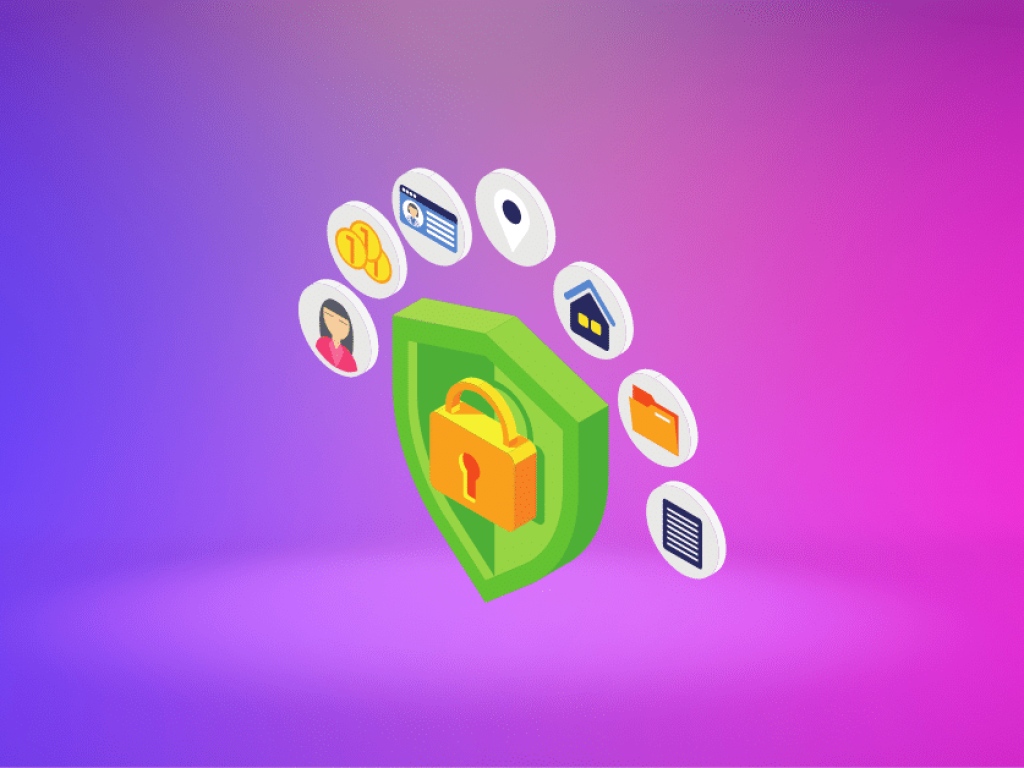Data privacy has become increasingly crucial as more personal information is transmitted through computer networks. Compliance with regulations such as HIPAA and GDPR is mandatory for most companies, and by the end of 2024, 75% of the world’s population will be protected by one or more privacy regulations.
Even smaller businesses need to prioritize data privacy as it is closely linked to cybersecurity. GDPR violations increased by 113.5% between July 2020 and July 2021, with associated fines rising by 124.92%.
The GDPR fine for a violation can be up to €20 million or 4% of a company’s global annual revenue, whichever is greater. This means that for a £5 million revenue business, the maximum fine could be up to £200,000,000.
Protecting personally identifiable information (PII) is critical for companies that collect, send, or store it. Adequate safeguards must be in place to ensure that sensitive data is secure.
To comply with privacy regulations, it is essential to stay up to date on the latest trends in this area. We have compiled a list of the most significant data privacy trends to watch out for in 2023, so you can stay on top of your compliance obligations.
What’s Happening in Data Privacy Compliance?
AI Governance
About 40% of privacy compliance technology requires artificial intelligence (AI) to operate efficiently. AI has become a prominent feature in many of the applications we use in our daily lives.
From suggesting what we might type next while using MS Word, to automatically adjusting a frown into a smile in Photoshop, AI is becoming increasingly common. Naturally, AI is now responsible for many algorithms that protect our data. However, what happens when the AI system malfunctions?
This is where AI governance comes in. AI governance is a new trend in data privacy that seeks to address the risks posed by AI. Given that AI is now so prevalent throughout the data journey, it’s crucial to govern it properly. This helps to ensure that automated processes do not accidentally expose sensitive data.
Consumer Privacy UX
One trend that has emerged over the past few months is giving consumers more control over their privacy. Several privacy regulations mandate that apps and websites offer data transparency, informing users of what data is being collected, how it’s collected, and what is being done with it. Furthermore, users should have the option to retrieve their data.
This has led to the development of consumer privacy user experience (UX), which involves a centralised privacy portal where users can access privacy settings across multiple apps. This provides better visibility into how their data is being used.
Increased Scrutiny of Remote Employee Monitoring
The global workforce has undergone a significant transformation due to the pandemic. Many organisations now operate fully remote offices or have adopted a hybrid model that combines remote and in-office staff. The rise in remote work has led to changes in data collection practices.
To mitigate security risks, companies are increasingly monitoring employees working from home. However, this type of monitoring raises concerns about data privacy. It is essential that organisations safeguard their employees’ rights, especially when deploying monitoring software on their personal devices.
For instance, around 49% of remote workers use their personal computers for work. Companies deploy endpoint device monitoring tools to ensure data security.
However, they must be careful not to collect or backup any personal data belonging to the employee. This data is owned by the employee, not the company.
Data Localization
When the social media app TikTok gained popularity, concerns arose about data privacy, particularly location-related issues. As a China-based company, users were worried about the privacy of their data as it was initially stored on servers governed by the Chinese government. This government has vastly different data privacy rules than the United Kingdom and other countries, leading to concerns about data privacy.
Data localisation is becoming increasingly common, with organisations increasingly concerned about where their cloud data is stored.
The location of a server determines the privacy rules and regulations it must adhere to. As a result, companies and governments are now asking cloud providers where their data is stored, with many preferring their data to be stored as close to home as possible.
Privacy-Enhancing Computation (PEC)
Data privacy by design is a recent concept. AI is assisting cybersecurity by utilising privacy-enhancing computation (PEC). When PEC is integrated into software and apps, it adds value for organisations and customers by automatically addressing privacy concerns and enhancing data protection.
When selecting business tools, seek out those that incorporate PEC components into their data analytics to ensure your data privacy is optimally safeguarded.
